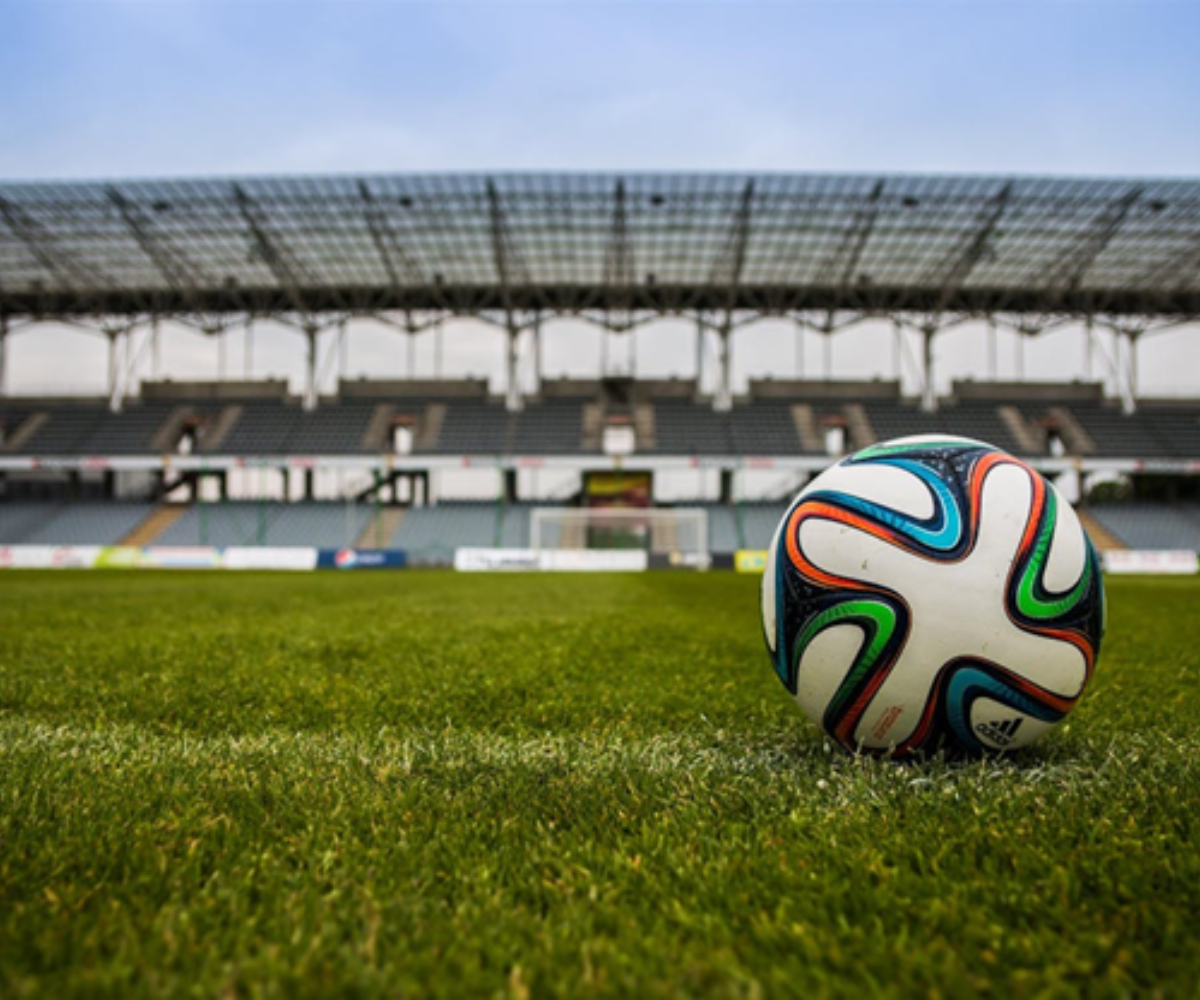El Clásico, meaning "The Classic" in Spanish, refers to the fiercely contested football matches between two of Spain's most storied clubs: Real Madrid and FC Barcelona.
This rivalry is not only one of the most significant in Spanish football but also ranks among the most intense and widely followed sports rivalries globally.Historical BackgroundThe origins of El Clásico date back to the early 20th century, with the first official encounter occurring on May 13, 1902, during the Copa de la Coronación.
Over the years, the matches have evolved into a cultural phenomenon, reflecting deeper social, political, and regional tensions between Madrid and Catalonia.Real Madrid, based in the capital city, is often seen as representing Spanish nationalism and centralism. In contrast, Barcelona embodies Catalan pride and identity. This political backdrop adds layers of significance to their encounters, making each match a focal point for fans beyond just football.
The Significance of El Clásico
El Clásico is more than just a football match; it symbolizes a clash of cultures and ideologies. The matches attract millions of viewers worldwide and are often considered the pinnacle of club football. The intensity of the rivalry has produced memorable moments and legendary performances from some of the greatest players in history.
Key Statistics
- Total Matches: As of now, Real Madrid and Barcelona have faced each other in over 250 official matches.
- Wins: Historically, Real Madrid holds a slight edge with more victories in competitive encounters.
- Top Scorers: Lionel Messi is the all-time leading scorer in El Clásico history, having netted 26 goals during his time at Barcelona.
Read: Why is the match between Real Madrid and Barcelona called the Clasico?
Recent Developments
In recent years, El Clásico has continued to captivate audiences with thrilling matches featuring star players like Robert Lewandowski for Barcelona and Kylian Mbappé for Real Madrid. The rivalry remains fierce despite the departure of iconic players like Messi and Cristiano Ronaldo, who previously defined the fixture.
For instance, in a recent encounter on October 26, 2024, Barcelona triumphed over Real Madrid with a resounding 4-0 victory at the Santiago Bernabéu Stadium. Goals from Lewandowski, Lamine Yamal, and Raphinha showcased Barcelona's dominance in that match and highlighted their current form in La Liga.
Cultural Impact
El Clásico transcends sports; it influences music, art, and social discourse within Spain and beyond. The matches are celebrated events that bring together fans from different backgrounds, fostering a sense of community among supporters. The rivalry has also inspired numerous documentaries, books, and films that explore its rich history and cultural significance.
El Clásico represents one of the most compelling narratives in sports history, embodying not just a rivalry between two football clubs but also a broader cultural clash between regions. Whether you are a die-hard fan or a casual observer, witnessing an El Clásico match is an experience that captures the essence of football's passion and drama. As both clubs continue to evolve and compete at the highest levels, the legacy of El Clásico will undoubtedly endure for generations to come.
Read: The Power of Real Madrid: Are They the Top Global Organization?







%20(1200%20%C3%97%20232%20px)%20(9).png)









.png)

